Heart Attack Symptoms: Early Warning Signs You Shouldn’t Ignore
Sep 17, 2025
A heart attack, also known as a myocardial infarction, is one of the leading causes of death worldwide. According to the World Health Organization (WHO), cardiovascular diseases cause nearly 18 million deaths each year. The good news? Many of these can be prevented if the early signs of a heart attack are recognized and treated in time.
In this blog, we’ll walk through the first signs of a heart attack, how they differ in men and women, what a silent heart attack looks like, and when you should seek emergency help.
A heart attack happens when the blood flow to a part of the heart is blocked, usually by a clot or plaque buildup in the coronary arteries. Without quick treatment, part of the heart muscle is damaged. The earlier you identify the symptoms of heart attack, the better your chances of survival and recovery.
Early Signs of a Heart Attack
Not all heart attacks strike suddenly with dramatic chest pain. Sometimes, the body gives warning signs days or even weeks in advance. Here are the first signs of a heart attack:
-
Chest Pain or Pressure
-
The most common symptom.
-
Feels like pressure, squeezing, fullness, or burning.
-
May last more than a few minutes or come and go.
-
-
Left Arm, Shoulder, or Jaw Pain
-
Pain often radiates from the chest to the left arm, shoulder, neck, or jaw.
-
Sometimes mistaken for muscle pain or toothache.
-
-
Shortness of Breath
-
Can happen with or without chest discomfort.
-
Even small tasks may feel exhausting.
-
-
Cold Sweat
-
Sudden, unexplained sweating is a classic heart attack symptom.
-
-
Dizziness or Fainting
-
Reduced blood flow may make you lightheaded or cause fainting.
-
-
Nausea or Vomiting
-
Especially common in women, sometimes confused with indigestion.
-
-
Fatigue and Weakness
-
Feeling extremely tired for no clear reason can be an early warning sign.
-
According to the American Heart Association (AHA), unusual fatigue is common in women days before a heart attack.
-
-
Anxiety or Restlessness
-
Some people describe a sense of “impending doom” or unexplained panic.
-
-
Upper Back Pain
-
More common in women, often overlooked.
-
Heart attack symptoms are not always the same for men and women:
-
Men: More likely to have classic chest pain radiating to the arm or jaw.
-
Women: More likely to experience shortness of breath, nausea, vomiting, fatigue, and back or jaw pain.
Expert notes that because women’s symptoms are sometimes less dramatic, they may ignore them until it’s too late.
Silent Heart Attack Symptoms
A silent heart attack happens when symptoms are mild or unusual, so the person doesn’t realize what’s happening. Signs may include:
-
Mild chest discomfort (feels like heartburn or gas).
-
Fatigue lasting several days.
-
Shortness of breath without pain.
-
Sleep disturbances or anxiety.
Silent heart attacks are more common in people with diabetes and women.
Mild Heart Attack Symptoms
A mild heart attack (often called NSTEMI) may have less intense symptoms but still causes heart damage. Signs include:
-
Mild chest pain or pressure.
-
Discomfort that spreads to the arm, neck, or jaw.
-
Shortness of breath during light activity.
-
Dizziness or lightheadedness.
Even a mild heart attack requires immediate medical care.
Heart Attack vs Gas Pain
It’s common to confuse heart attack chest pain with gas or indigestion. Here’s how you can tell the difference:
| Gas Pain |
Heart Attack |
|---|---|
|
Feels like bloating or sharp cramp |
Feels like pressure, squeezing, or heaviness |
|
Usually improves with burping or antacids |
Does not improve with rest or burping |
|
Related to meals or digestion |
Can occur anytime, often with sweating or breathlessness |
If in doubt, treat it as a heart attack and call emergency services.
When to Call for Help
If you or someone near you experiences:
-
Severe chest pain lasting more than 5 minutes.
-
Chest pain with shortness of breath, sweating, or nausea.
-
Sudden weakness, dizziness, or fainting.
Call emergency services immediately (dial 108 in India, 911 in the U.S.). Don’t try to drive yourself to the hospital.
Key Facts from Trusted Sources
-
WHO: Cardiovascular diseases are the world’s #1 cause of death, responsible for 32% of all global deaths.
-
American Heart Association (AHA): Half of heart attack patients experience early symptoms like fatigue or mild chest pain days before the attack.
-
Mayo Clinic: Women’s symptoms are often subtler, such as nausea, fatigue, and jaw pain, leading to delayed treatment.
Conclusion
Recognizing the symptoms of a heart attack could save your life or the life of someone you love. Chest pain, breathlessness, sweating, dizziness, and fatigue should never be ignored. Remember, time is muscle—the sooner you get treatment, the better your heart’s chances of recovery.
Stay alert to the warning signs, listen to your body, and never hesitate to call emergency services if you suspect a heart attack.
FAQs
What are the symptoms of a heart attack?
Chest pain, arm or jaw pain, shortness of breath, sweating, nausea, dizziness, and fatigue.
What is the first sign of a heart attack?
The first sign is often chest pressure or pain that feels like squeezing or heaviness.
Can you have a heart attack without chest pain?
Yes, especially women and people with diabetes may have shortness of breath, fatigue, or nausea instead of chest pain.
What are unusual heart attack symptoms?
Jaw pain, back pain, indigestion-like discomfort, extreme fatigue, or cold sweats can be unusual symptoms.
How do heart attack symptoms differ in women?
Women often have nausea, fatigue, jaw or back pain, and shortness of breath rather than severe chest pain.
How can I tell the difference between gas pain and heart attack?
Gas pain improves with burping or antacids, while heart attack pain does not and may come with sweating or breathlessness.
What does a mild heart attack feel like?
Mild chest pressure, shortness of breath, fatigue, and discomfort in the arm or jaw.
Can heart attack symptoms last for days?
Yes, warning signs such as fatigue, indigestion-like pain, or mild chest pressure may occur days before a major heart attack.
Is sweating a sign of a heart attack?
Yes, sudden unexplained cold sweats are a classic sign of heart attack.
When should I go to the hospital for chest pain?
If chest pain lasts more than 5 minutes or comes with breathlessness, nausea, or sweating, seek emergency help immediately.



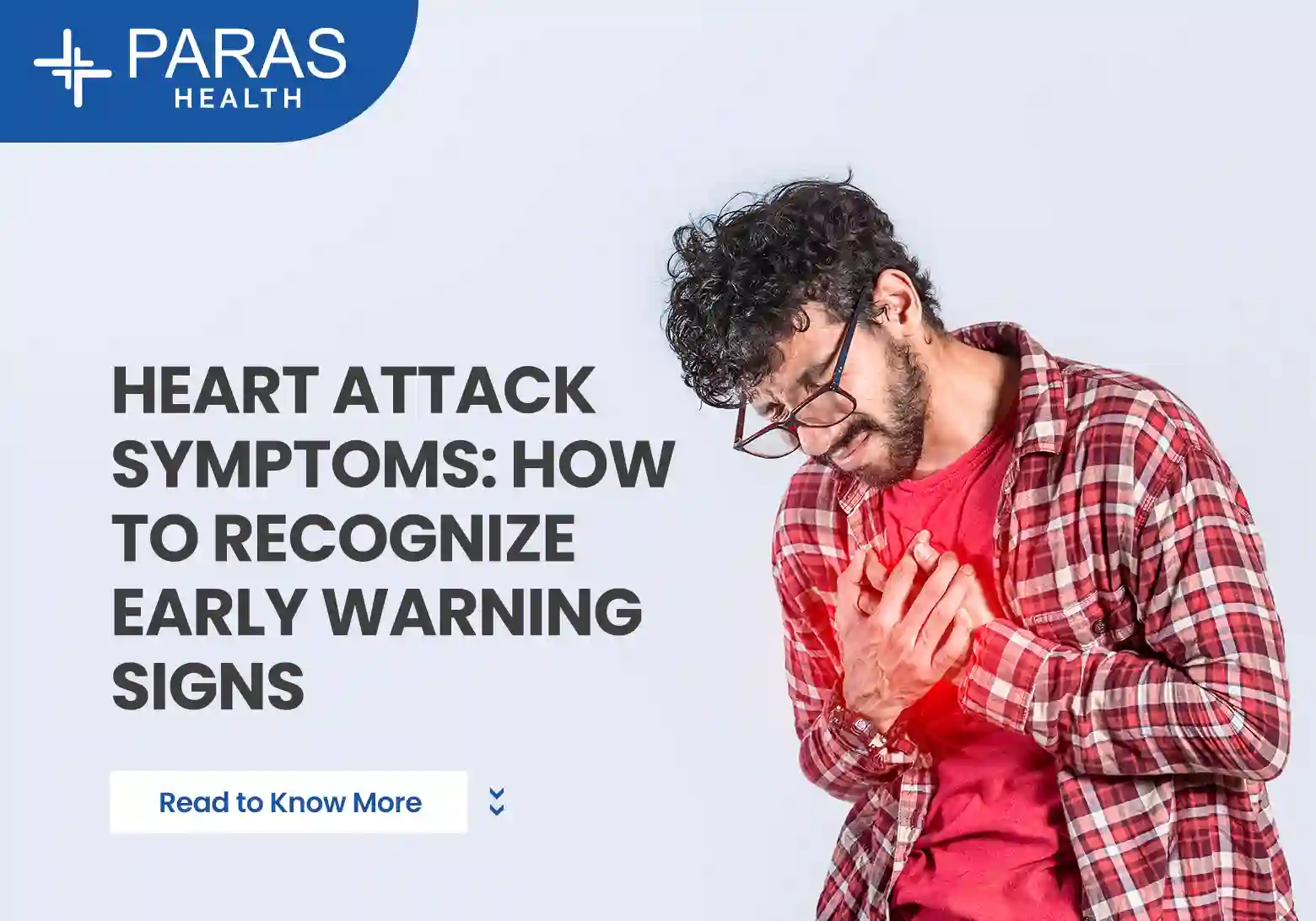
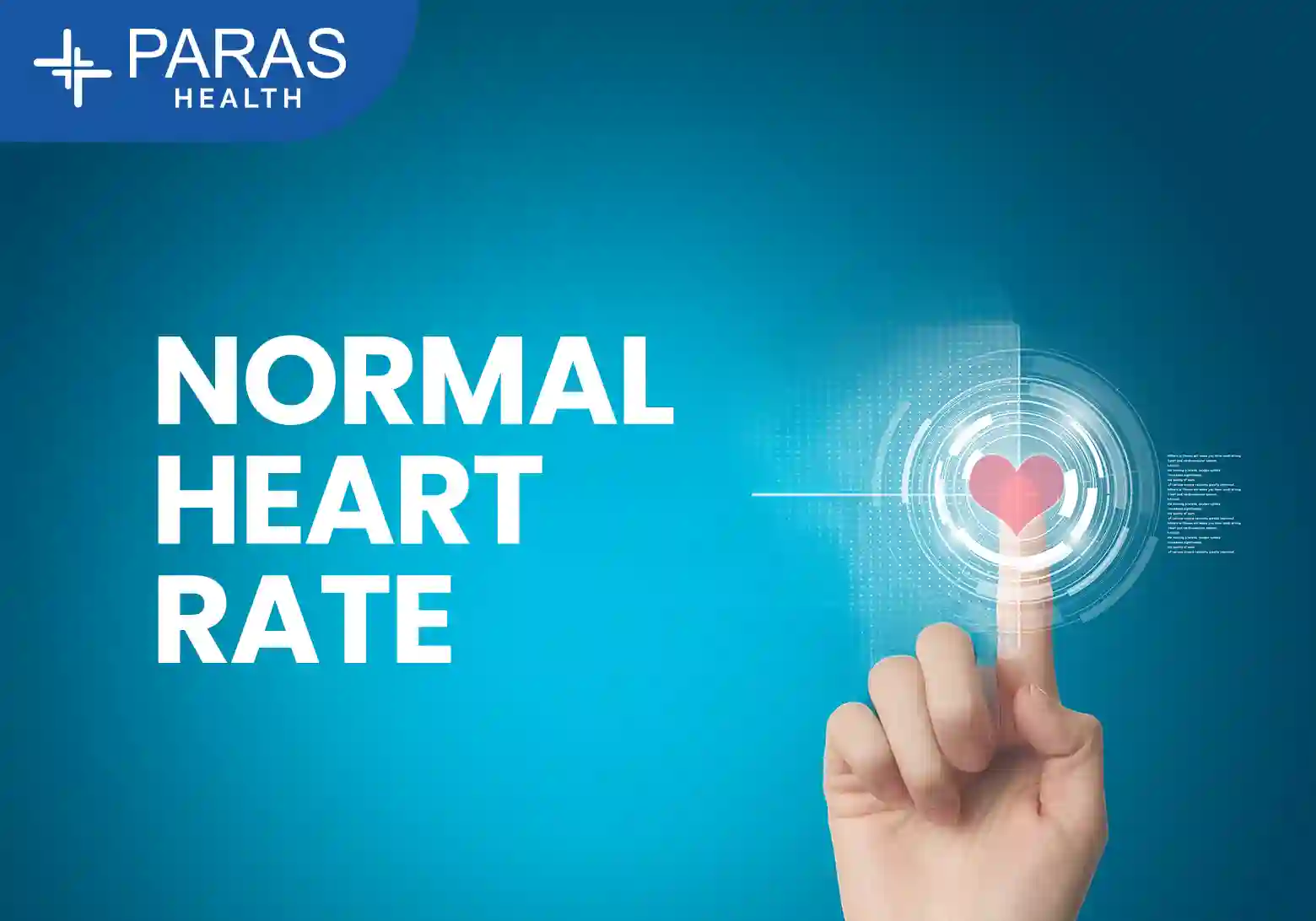
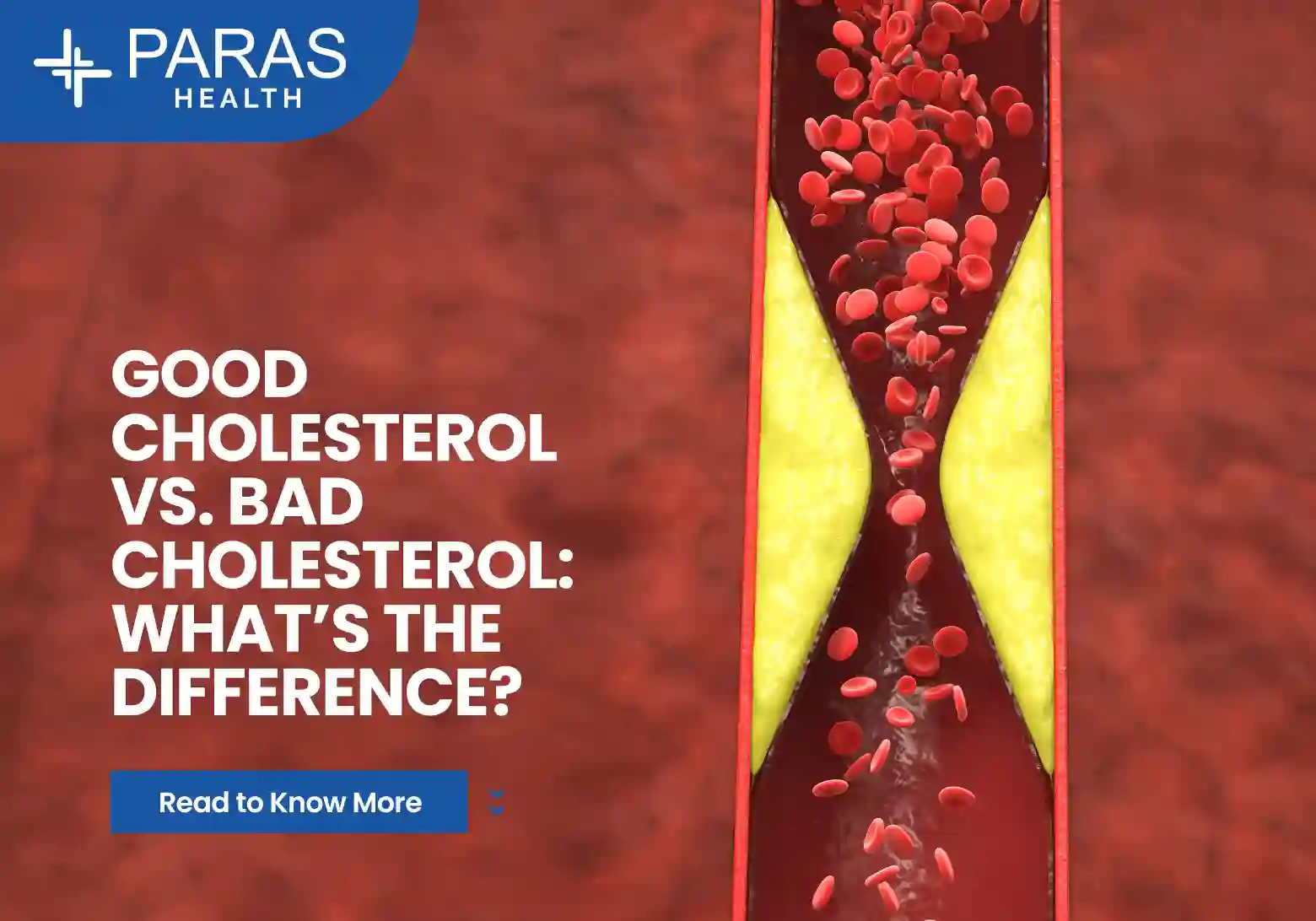
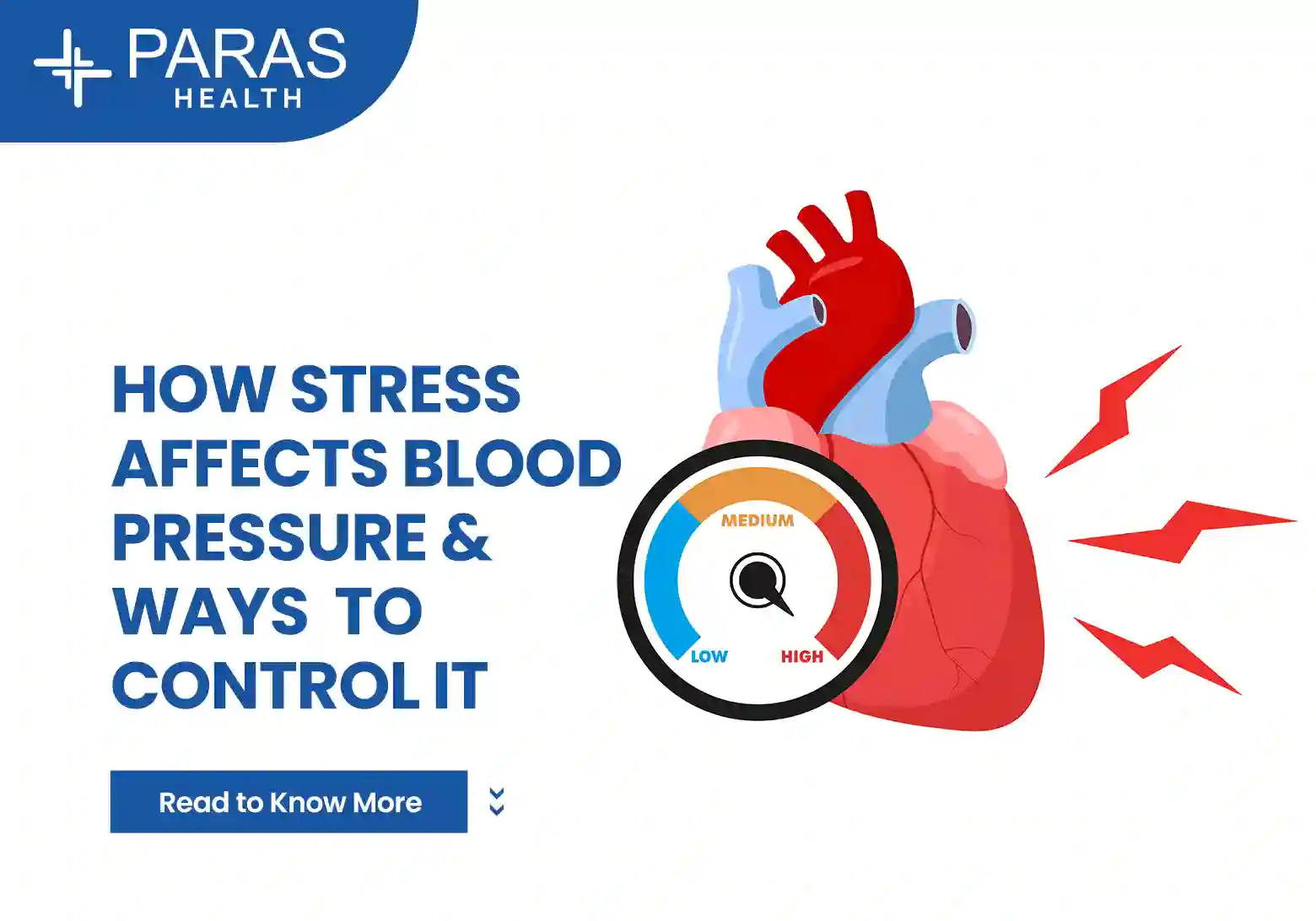
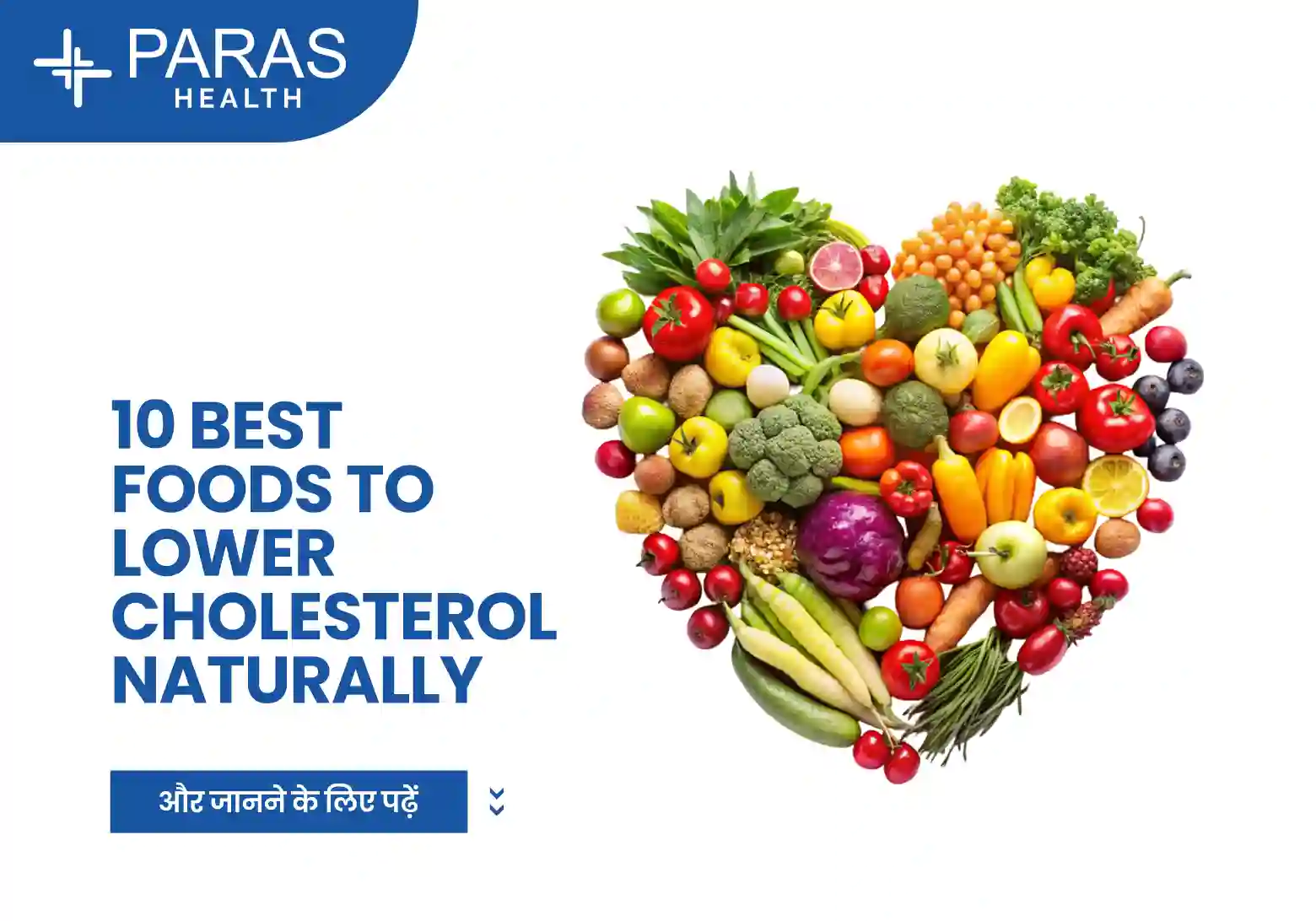
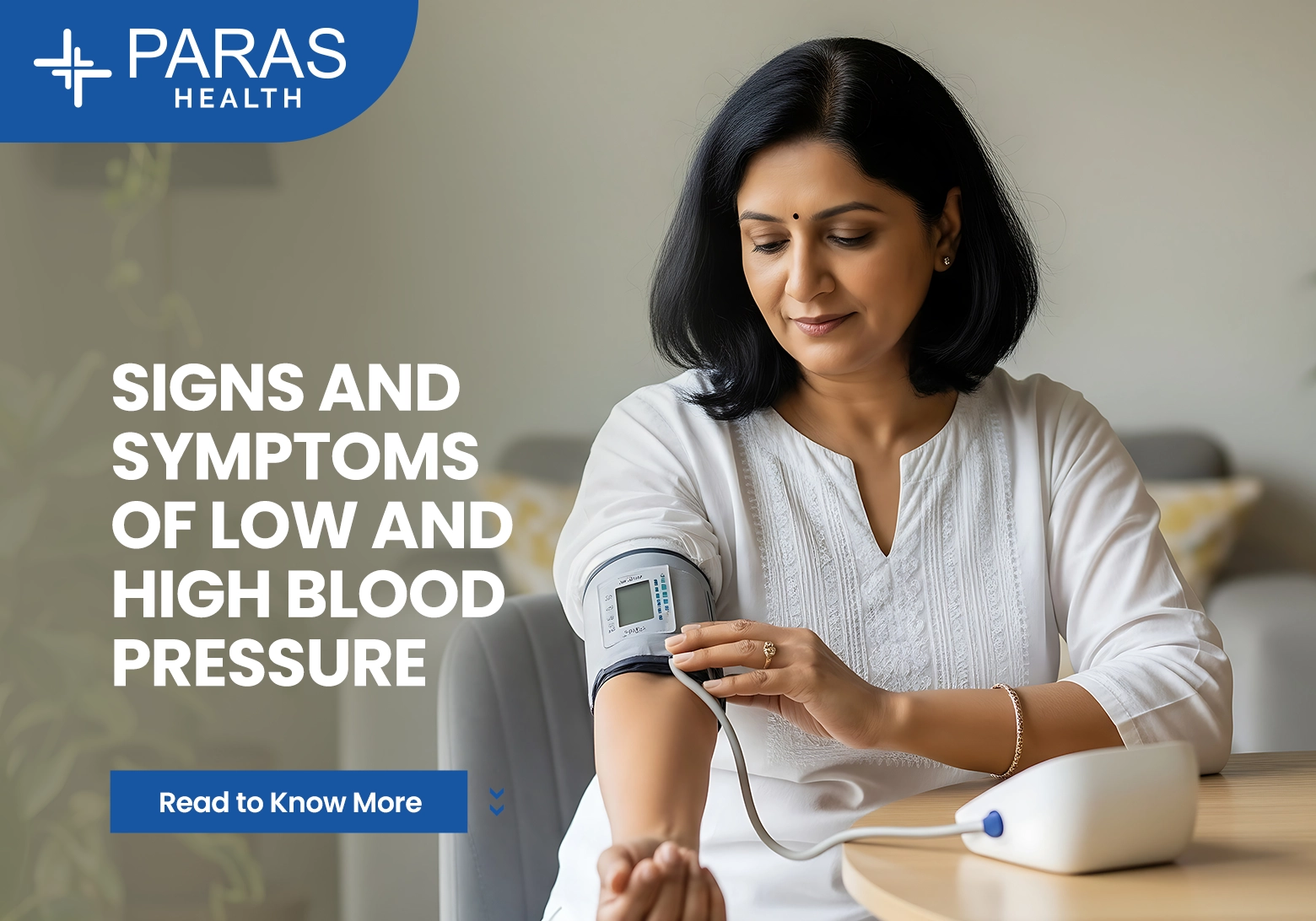

.png)